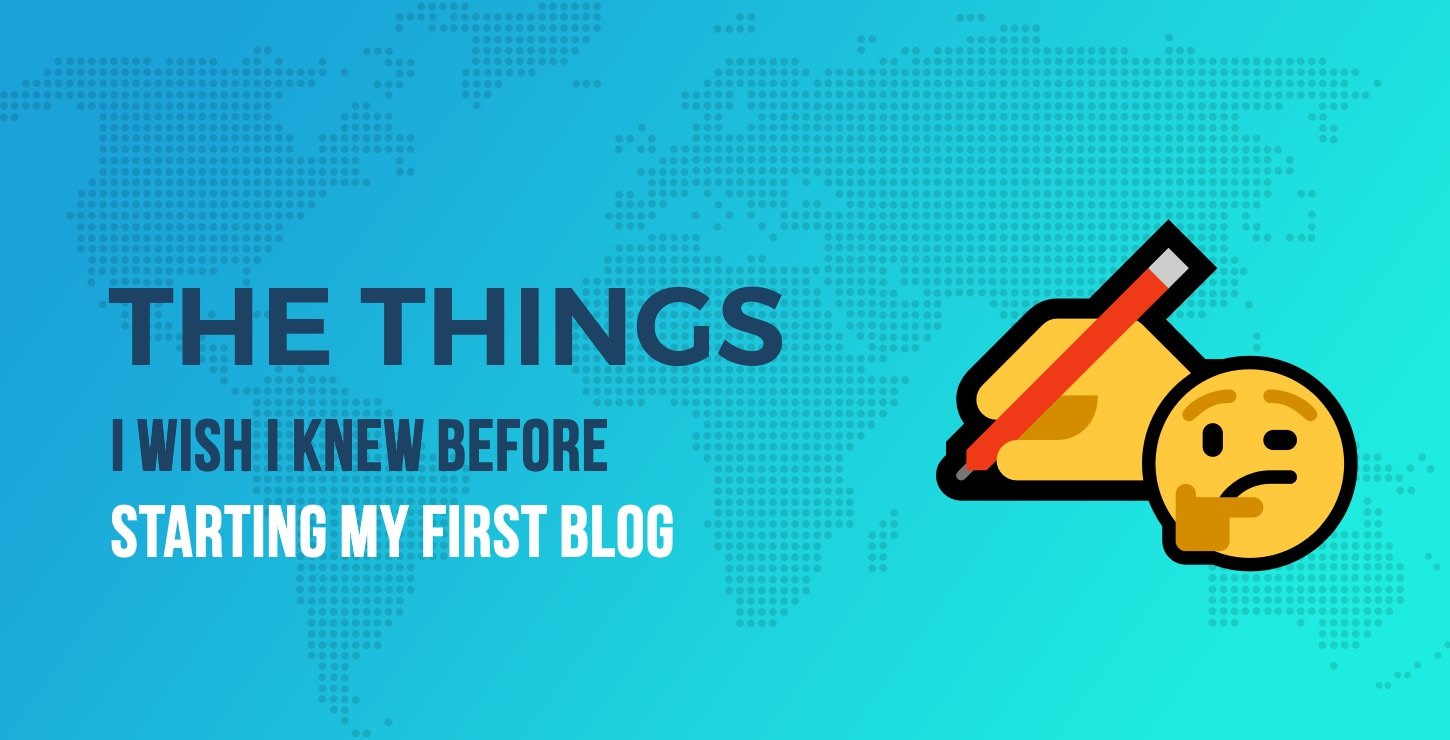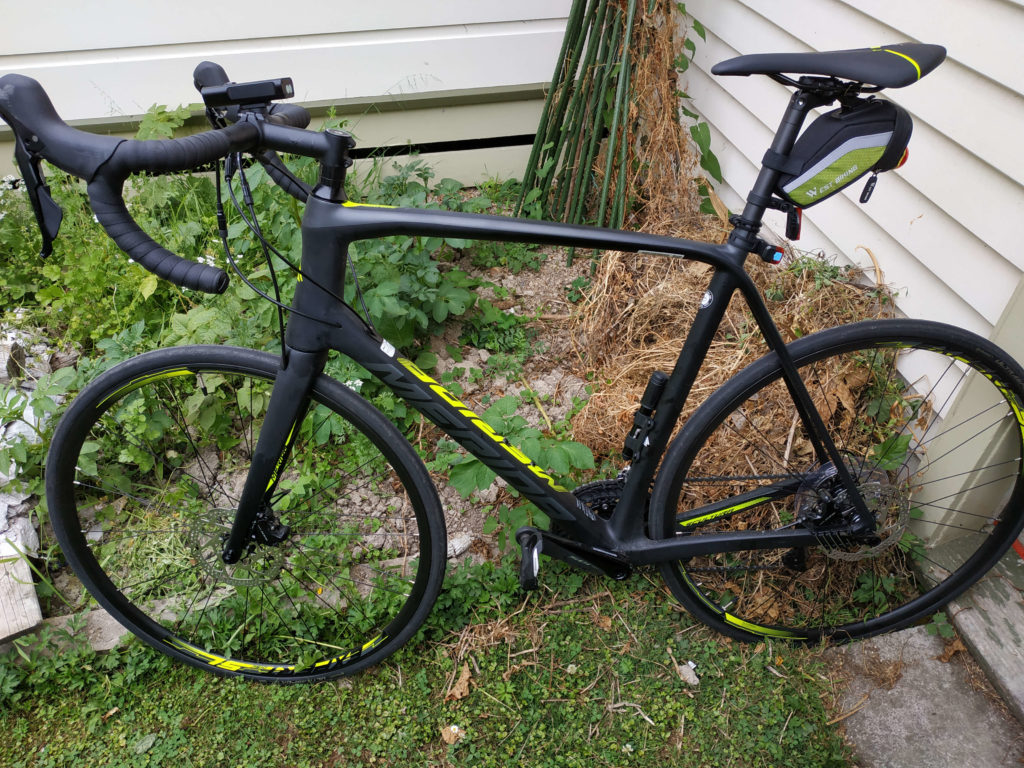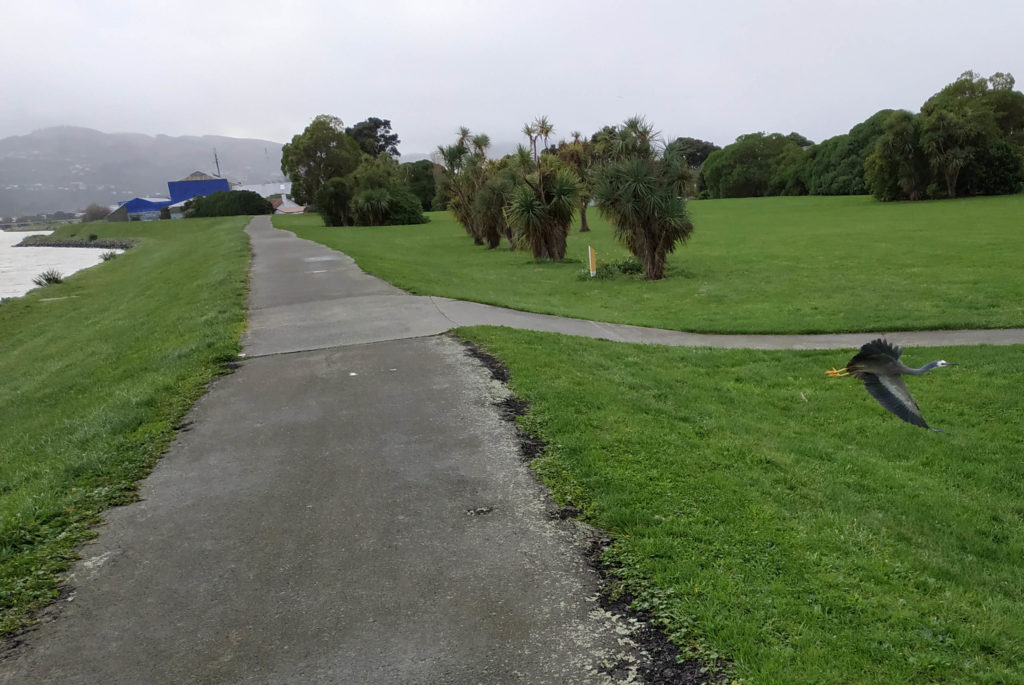“Democracy is the worst form of government,… except for all those other forms that have been tried from time to time”
Fellow toastmasters and welcome guests
This quote from Winston Churchill evinces our love/hate relationship
with voting and government. There are many forms of governance with
various levels of participation from Anarchy to Dictatorship. Our form
of representative democracy gives us very little control over decision
making but it has one big advantage. The possibility, probability and
perhaps even certainty of regular and orderly changes of government.
Because there is nothing that keeps a government in check more than
knowing that sooner or later they will become the opposition.
Over the next 7 weeks we will have the chance to decide who we want
to govern us for the next 3 years. This is our only chance to have our
say, because after the voting is finished we go back to being passive
recipients of government decision making – good or bad, competent or
incompetent, benevolent or malevolent. So how can we decide? Are we
hard-headed rational actors, or do we decide based on feelings? Do we
like a party’s policies or do we even trust them to follow through? Do
we know who is on a party’s list, or do we just vote for the leader?
Restructuring has hit parliament and the MPs are having to re-apply
for their jobs. The roles are open to anyone. Now the parties and MPs
are presenting their CVs and turning up for job interviews. It is a 3
year contract with likely extension if they show competence. The
unsuccessful candidates will have to wait another 3 years to apply.
Anyone who has served on an interview panel will know what to look for
in a candidate, and what can go wrong if you choose the wrong person.
Democracy is hard! It is up to us to put some effort into the
choice. If we go into the ballot box with no idea how we will vote then
we are failing in our duty. We have not prepared enough and are likely
to make an ill-considered choice. If we don’t bother to vote because we
can’t put any attention to considering the options then we deserve any
negative consequences. We have seen overseas with Brexit, Duterte, and
Trump that elections can make a big difference. We have also seen
elections where there is no real difference as the ruling party doesn’t
allow it. Luckily in New Zealand none of the choices are likely to lead
to disasters, but the parties vary enough that voting does make a
difference. So it is worth our while putting some effort into the
choice.
As toastmasters we should be listening to politicians’ speeches and
evaluating them. We want to know how they are trying to manipulate us.
What rhetorical devices are they using? Any awkward alliterations?
Advertorial style metaphors? Hyperbole, puffery and exaggeration? Do
they repeat themselves again and again and again and again? Is
understatement likely? I think not!
Are they appealing to our minds, our hearts, our souls or our
stomachs? Or do they appeal to baser emotions: fear, envy, greed or
hatred? Are they concealing something? Are they trying to fire us up?
Or put us to sleep? We should also be thinking about our listening
skills. Are we hearing what they are saying, what they are implying, or
what they are keeping silent about?
Do we remember what the government promised 3 years ago? Have they
delivered? What are they promising for the next 3 years. What are the
other parties promising? Do we trust them to deliver? What happens if
circumstances change? (a war, a recession, an earthquake perhaps), who
do we trust to be capable, flexible and honest?
I urge you to go out and listen to the candidates, read their
manifestos, read the commentaries in the newspapers and talk to people
you trust. You should have the opportunity to meet your local
candidates. Go out and engage them in conversation. Most of them will
be quite different in person to what you see on TV. Ask them the hard
questions. Listen carefully and respectfully. No matter whether you
like their policies, pretty much all MPs go into parliament wanting to
make things better.
You might choose to stay away from political blogs. They will
typically be biased in favour of or against some parties. The comments
could make you want to give up the thought of voting. The newspapers,
radio and TV DO have some bias. Try to recognise bias, and think around
it, but also remember that it might be you that is out of step! There
are good objective and well researched commentary sites, but really you
should go to the sources (the candidates and the parties) and make up
your own mind.
If you find someone or some party that you really want to be elected
then think how you might help them. Consider joining the party or
donating. Volunteer to help them with mailing or door knocking. Put up
a sign on your front lawn and be prepared to talk to your neighbours
about your choice. As a member of a party you get to do some work, but
you also get to have some say in what gets done. Use your toastmasters’
leadership skills and join the local committee. Or better still use
the speechmaking skills and become a candidate.
Most of us will not display that level of commitment to any one party
or candidate. But still we can carefully weigh up the differences. Is
it tax cuts or welfare? Business or environment? Regulation or
deregulation? The differences are not always clear, but we should be
clear about what we are looking for to be able to choose the best
representative for us.
How do the promises of the various parties match our own morals and
philosophies? What have they done in the past that has gone well or
badly? All of us will have our own core concerns. Do we value honesty
or are we prepared to accept being lied to for the sake of getting
things done? Do we value openness in government or do we accept that
the government knows best and doesn’t need to share the details.
Some people will say that it doesn’t matter who we vote for, because
they are all liars, and they all put themselves first. “Don’t vote it
only encourages them” some might say. But I think this is cynicism and
just encourages the worst practices. While none are perfect, there are
differences and you can choose to vote for the ones that best match your
values. Competence and ability are required, as also are passion and
respect.
In New Zealand we get two boxes to tick. One vote for the local
candidate should go to the best candidate, regardless of what party they
come from. Feel free to split your vote if you want! The second tick
is for the party. Remember that the party vote determines who is the
government, so be careful who you give that to.
You may decide that no party or candidate is worthy of your vote.
Think carefully about this. We don’t expect politicians to be perfect.
They are human after all. If you object to them all then perhaps you
may choose not to vote. I would recommend going into the voting booth
and writing “no confidence” on the paper. It will be recorded as an
“informal” vote. It doesn’t count. It will go into the same box as
those who intend to vote, but make some mistake. However it is
recorded, and is not the same as just not bothering.
In other countries, in other times people have had to fight for
democracy. In other countries, in other times ballots are accompanied
by bullets and voting is dangerous, yet still people risk turning out to
vote. In other countries, in other times people have carelessly given
up the right to vote and then suffered the consequences. We are lucky.
We can vote for the candidate of our choice without any risk to our
safety or employment. Not voting would be disrespectful to our
predecessors who fought for our rights and to those in other countries
who would love to have our power.
The election is not really for the candidates. It is about us and
our chance to influence the next few years in New Zealand. This is our
chance to make a difference. The candidates are working hard to be
noticed by us. The promises, the candidate meetings, the debates, the
hoardings, the pamphlets, the kilometers of travel, the door knocking is
all for us. They may ignore us for the rest of the 3 years, but now is
our time.
Remember! We each have one vote, so use it and use it wisely.





